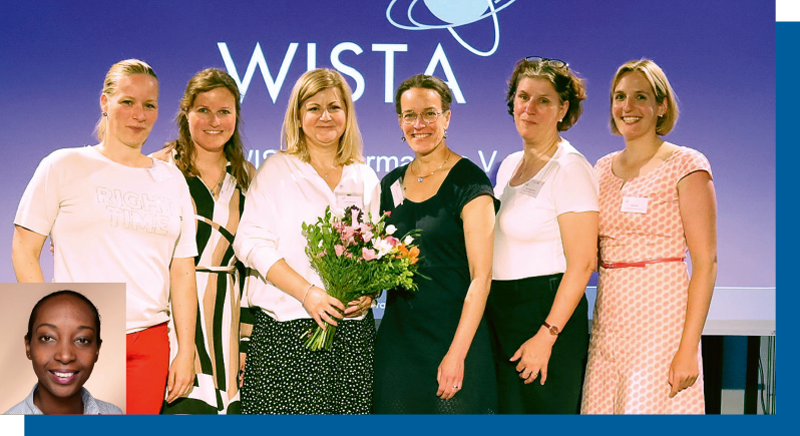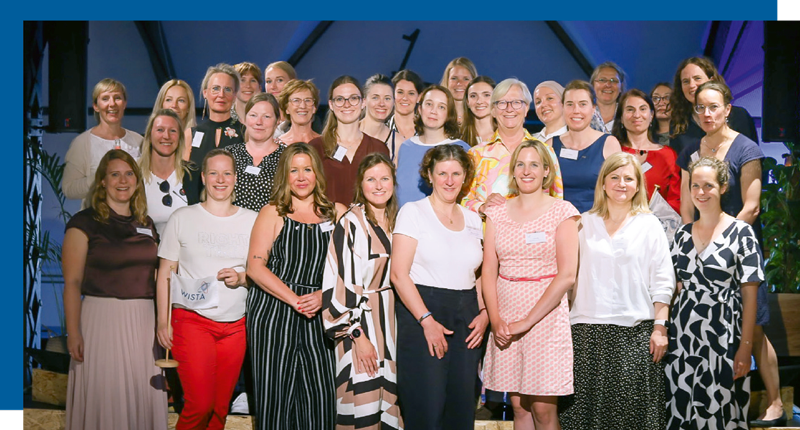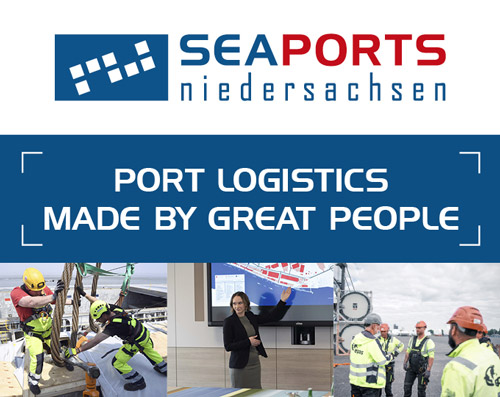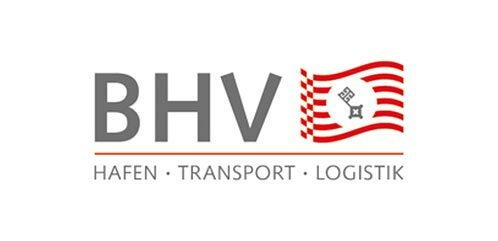Frauen in der Schifffahrt, im Handel und in der Logistik sichtbarer zu machen und zu fördern sind nur zwei der Aufgaben, die sich die Women’s International Shipping & Trading Association (WISTA ) auf ihre Fahnen geschrieben hat. Bei diesem Vorhaben genießt die internationale Netzwerkorganisation breite Unterstützung, wie der Senatsempfang zum „2. International Day for Women in Maritime” am 31. Mai im Hamburger Rathaus gezeigt hat.
In light of this, WISTA has been operating successfully since 1974 on international soil and across all oceans, with the aim to offer its members the opportunity to network and train. “We are proud that WISTA Germany is continuing to grow with more than 180 members and that we are one of 55 countries in the WISTA International network. In 2022, we reached the 4,000-member mark worldwide,” remarked Franziska Eckhoff, President of WISTA Germany.
Since the founding of WISTA, the shipping industry has undergone major changes, including globalisation, the implementation of new technologies and the introduction of strict environmental standards and sustainability initiatives. And WISTA has grown with the industry. The organisation plays a key role in raising awareness about equal opportunities and career prospects for women in the maritime sector.

Ending the tradition of all-male speaking panels
Musau feels that the history of the organisation is shaped, in particular, by four cornerstones. Since 2017, these have included scholarships, which are awarded in partnership with the Institute of Chartered Shipbrokers (ICS) to individuals nominated by WISTA International, as well as the annual WISTA International conferences, which connect members worldwide. WISTA also offers mentoring programmes, run independently and in cooperation with the International Maritime Organization (IMO), to promote young women in their careers – giving them the opportunity to be coached by professionally experienced women. Last but not least, WISTA has had consultative status with the IMO since 2018. This allows the organisation to contribute the expertise of its female members to various IMO initiatives, such as the development of a speaker bank for women in the maritime industry. It is called the “IMO WISTA Maritime Speakers Bureau” and is intended to end the tradition of all-male speaking panels in the industry.

Recognising gender diversity as a strength
With these kinds of services behind the organisation, Musau sends a clear message: “There needs to be more women in leadership positions, and a cultural shift is required in order to create a more inclusive and diverse working environment.” To ensure this theory becomes reality, it is necessary, amongst other things, to improve the prospects for women in the industry and create more opportunities for their education and training. Marina Röhl, treasurer at WISTA Germany, is confident: “Women are strong collaborators, they have effective communication skills and emotional intelligence. What’s more, they are highly skilled organisers and bring a different approach.” The way she sees it, this unique mix of competences enables women to promote diversity and integration in the workplace. “It is therefore important for the future of international shipping to recognise gender diversity as a strength and to benefit from the synergy of experience and competences that arises when both genders join forces,” said Röhl, outlining her perspective – one which many of her colleagues at WISTA share. (bre)
Info
WISTA ANNUAL GENERAL MEETING
WISTA Germany held its Annual General Meeting in June at the Digital Logistics Hub in Hamburg. Besides various project groups presenting their work from the past year and plans for the coming year, the members elected a new vice president to the Board, Irina Carbunaru. She succeeded Captain Nicole Langosch, who held the position for the last four years. Two board members, Judith Musau and Sieke Kremer-Tiedchen, were also re-elected as press spokesperson and compliance manager, respectively.





